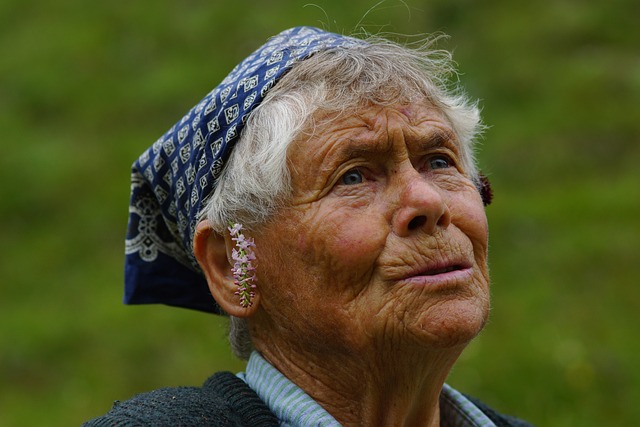Meal preparation challenges can lead to health risks and loneliness among the elderly, but Elderly Companion Services offer vital support through meal assistance and companionship. These services enhance well-being, combat isolation, and significantly improve seniors' quality of life by providing social interaction and emotional support during mealtimes. Combining meal prep with social engagement promotes healthy eating habits, mental stimulation, physical health, and independence for older adults living alone.
Meal preparation and companionship are vital aspects of senior care, significantly impacting the well-being of elderly individuals. This article delves into the dual importance of these services, focusing on how they enhance quality of life for seniors. We explore the role of meal prep in fostering healthy eating habits and discuss the transformative power of companionship to combat loneliness. By integrating these services, Elderly Companion Services can create supportive environments that build trust, personalize care, and ultimately improve overall health and happiness.
- Understanding the Importance of Meal Preparation for Elderly Individuals
- The Role of Companionship in Senior Care
- Benefits of Combining Meal Prep and Social Interaction
Understanding the Importance of Meal Preparation for Elderly Individuals

Meal preparation is a fundamental aspect of daily life, but for elderly individuals, it can become a significant challenge. As people age, physical abilities and mobility may decrease, making cooking and grocery shopping tasks more difficult and time-consuming. This is where Elderly Companion Services step in, offering a vital support system. By providing assistance with meal preparation, companions ensure that the elderly receive nutritious meals, maintaining their overall health and well-being.
Having someone to share mealtimes with also combats loneliness, which is a common issue among the aging population. Conversation during meals fosters social interaction and cognitive stimulation, enhancing mental sharpness and emotional satisfaction. Elderly Companion Services thus play a dual role in caring for physical needs through meal prep and fostering companionship, contributing significantly to the quality of life for older adults.
The Role of Companionship in Senior Care

Meal preparation isn’t just about nourishment; it’s a social ritual that holds immense value, especially for seniors. In an era where elderly companion services are in increasing demand, the role of companionship during mealtimes becomes even more critical. For many older adults living alone, a shared meal can be a rare opportunity for social interaction, alleviating feelings of isolation and loneliness.
Companionship during meals offers more than just pleasant conversation; it provides emotional support, encourages regular eating habits, and facilitates meaningful engagement with caregivers or community volunteers. This simple act can significantly impact the overall well-being of seniors, promoting not only physical health but also mental stimulation and a sense of belonging.
Benefits of Combining Meal Prep and Social Interaction

Combining meal preparation with social interaction offers a multitude of benefits, especially for the elderly population. It creates an environment that promotes not only nutritious eating habits but also fosters meaningful connections and enhances overall well-being. Elderly Companion Services can play a pivotal role in this regard by providing professional caregivers who not only assist with meal prep but also engage in conversations, sharing stories and experiences, thus alleviating feelings of loneliness and isolation.
This dual approach—practical assistance in cooking and companionship—can significantly improve mental health, encourage active lifestyles, and even support physical health by ensuring individuals receive proper nutrition. Moreover, it can help maintain a sense of independence, allowing seniors to enjoy the company of others while still retaining control over their daily routines and meals.
Meal preparation and companionship are essential components of senior care, offering both practical benefits and enhancing the overall well-being of elderly individuals. By combining these services, we not only ensure nutritious meals but also foster social interaction, combating loneliness and isolation. Elderly companion services play a vital role in creating a supportive environment, where mealtimes become opportunities for connection, conversation, and improved quality of life.




